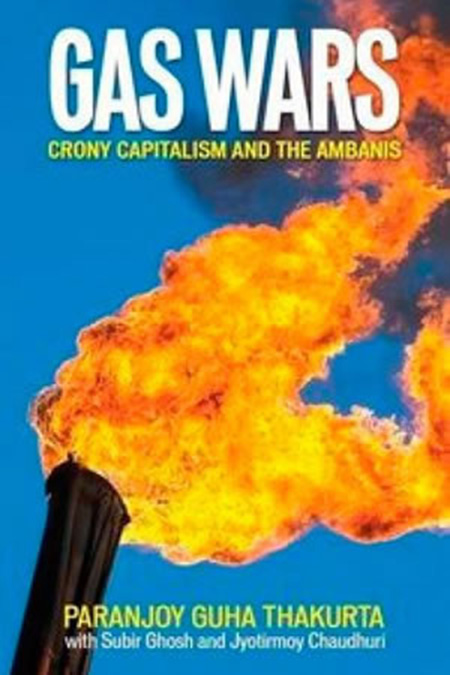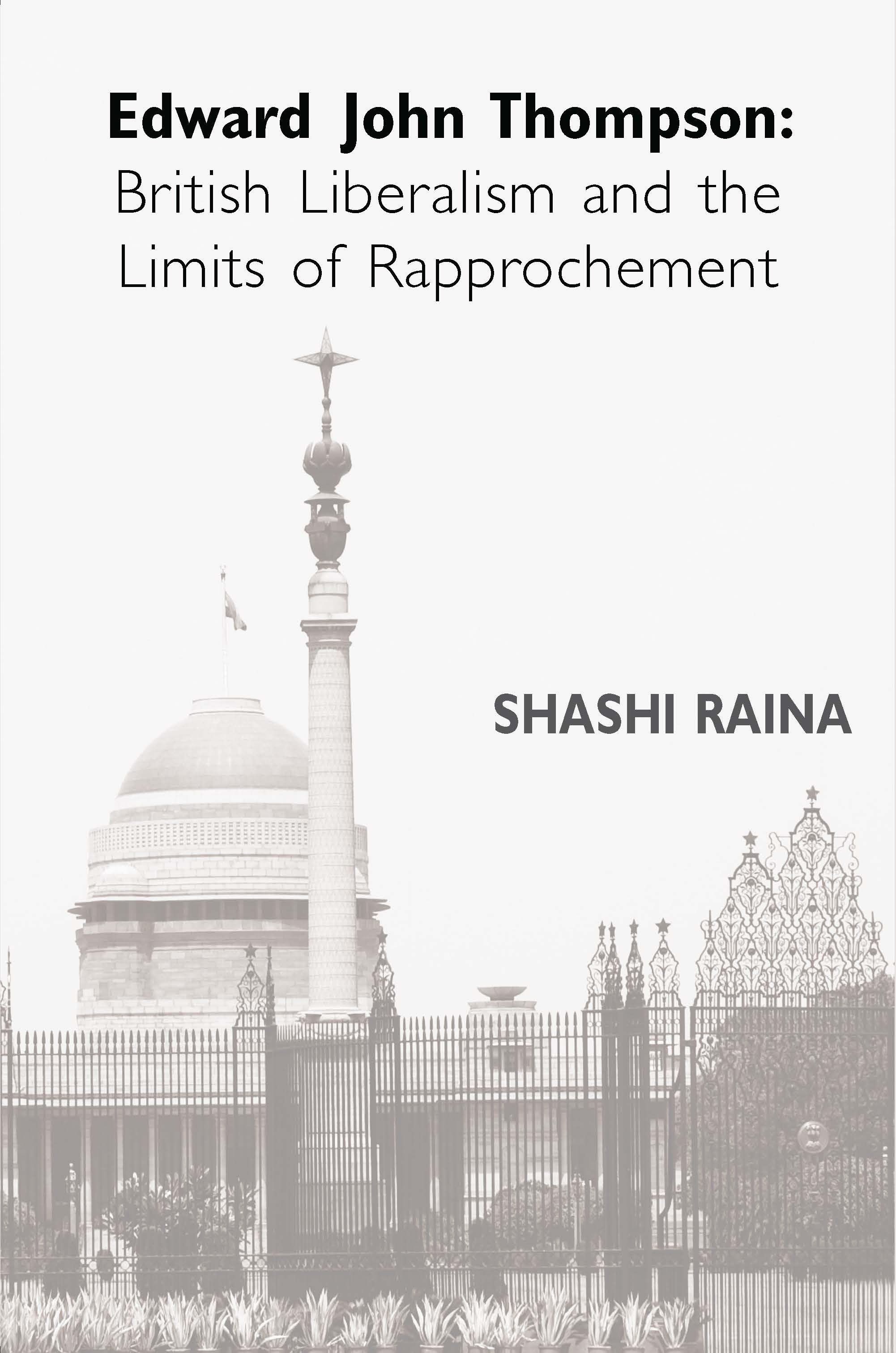The popularity of the second ‘United Progressive Alliance’ (UPA) government headed by Prime Minister Manmohan Singh has plummeted in a manner in which few could have imagined. The government, which came to power in May 2009 after the UPA won a larger-than-expected mandate from the country’s voters, appears to be lurching from one crisis to another – despite it not having completed even half its five-year term. If elections were to suddenly take place, there is a distinct possibility that the Congress-led coalition would not return to power.
Can the ruling dispensation pull itself back from the brink of the precipice on which it is precariously perched at present? Can Rahul Gandhi revive India’s grand old party like his grandmother Indira Gandhi was able to in January 1980 after losing power in March 1977?
And if history is to repeat itself, will there be an interregnum which would be filled up by an anti-Congress coalition? If yes, how long will this period of transition last? But history does not always repeat itself and the Indian polity has indeed changed dramatically over the past few decades.
Why is the government in a state of atrophy? Despite his personal integrity, why is the Prime Minister under attack, for having turned a blind eye to corruption? What are the important reasons why Dr Singh’s image has taken such a beating that he is today being seen as a weak-willed leader, unable to keep his squabbling lieutenants together and completely at sea when it comes to tackling some of the most pressing problems confronting the world’s largest democracy?
The biggest failure of UPA-II has been its inability to control runaway food inflation in an economy whose rate of growth has decelerated. For the last few years, government spokespersons were claiming that the inflation rate would be coming down. Having repeatedly been proved wrong, such claims are no longer being made – only concern is being expressed and crocodile tears being shed at the plight of the poor whose real incomes have sharply eroded.
The government, ironically led by a world-renowned economist, was crowing about India being one of the fastest growing countries in the world even some time ago. It has now stopped exulting about its achievements even as it pays lip service to the need for “inclusive growth” which creates jobs and is evenly spread across different geographical regions.
Inflation has undoubtedly adversely affected the largest section of the population. But what the articulate middle-classes are shouting the loudest about is corruption and crony capitalism. The inept handling of the biggest scandal in independent India relating to the under-valuation and misallocation of second-generation (2G) telecommunications spectrum continues to haunt the powers-that-be.
The desperation of Union ministers has become rather obvious from the way in which criticism has been levelled against an important Constitutional authority, namely, the office of the Comptroller and Auditor General of India, and also on account of the doubts that have been raised about the working of a law that is meant to strengthen democracy, that is, the Right to Information Act (in the wake of the disclosure of an important note relating to the 2G scam sent by the Finance Ministry to the PM’s Office). Adding to the government’s woes, it has been unable to resolve the issue of the formation of a separate state of Telengana out of Andhra Pradesh.
One is not arguing here that the government will collapse day after tomorrow. Yet the weakness of the government seems paradoxical when seen in the context of a political opposition that is in complete disarray. The ‘Bharatiya Janata Party’ is in the throes of a leadership crisis. L.K. Advani refuses to retire. But after him, who? Sushma Swaraj, Arun Jaitley or Narendra Modi? Having shed its image of being a north Indian party after coming to power on its own in Karnataka, the BJP still has not recovered from the ignominious manner in which B.S. Yeddyurappa had to resign as Chief Minister after allegations of corruption were aimed at his family members.
It’s not just the political Right. The Left too is in shambles. It has been humiliated in West Bengal after ruling the state for as long as 34 years. The Communists had clearly under-estimated the wave of support for Mamata Banerjee. In UPA-I, they were calling the shots. Today, they are licking their wounds. The Communists could have scraped through with an electoral victory in Kerala had it not been for the open rivalry between two of their tallest leaders in the state. And Tripura is too small to matter in national politics.
A number of regional parties — with the exception of the ‘Trinamool Congress’, the ‘Biju Janata Dal’, the AIADMK and the ‘Janata Dal (United)’ – are in a bad shape. Among these are the ‘Telugu Desam Party’, the ‘Shiromani Akali Dal’, the ‘Shiv Sena’ and the ‘Asom Gana Parishad’. Still, there is considerable speculation about who could emerge as a possible prime ministerial candidate if a non-Congress formation stakes a claim to power after the next general elections. The names of the chief ministers of two states in eastern India, Nitish Kumar and Naveen Patnaik, are doing the rounds.
The void left by the weak opposition has, to an extent, been filled up by sections of civil society and the media. More than Team Anna, what has government ministers really worried these days is the activism of the judiciary. The integrity of the last two former Chief Justices of India had been questioned. The incumbent is seen to be as honest as they come. Under his stewardship, certain hyperactive judges seem keener than before to assert their autonomy and independence.
Will the forthcoming elections to the assembly of Uttar Pradesh, the country’s largest province, prove to be a tipping point? It could just, especially if the Congress is unable to repeat its performance in the 2009 Lok Sabha elections (when it won in a fourth of the constituencies) and form the next government in Lucknow with the Samajwadi Party. Chief Minister Mayawati is certainly no push-over. But much could happen before then. As the old saying goes, a week is a long time in politics.


